
Gateway Church Blessed by Mono-Stereo Meyer System
Gateway Church is ranked among the US’s largest multi-site congregations with an average of more than 30,000 worshippers weekly attending 29 weekly services at nine campuses — eight in the Dallas-Fort Worth area plus an extension campus in Wyoming. To keep pace with the latest audio technology, and to further enhance worship at Gateway’s flagship Southlake campus, the 4,000-seat auditorium at that facility was recently upgraded with 51 new Meyer Sound LEO Family loudspeakers configured as a novel mono-stereo “hybrid” system.
Like many other contemporary churches, the Gateway Southlake auditorium is designed with wide, fan-shaped seating that wraps around the stage. Although this promotes a greater sense of intimacy, it challenges audio system design in general and, in particular, makes it difficult to maintain a stereo image while ensuring high intelligibility throughout the space. Accordingly, the prior system based on Meyer Sound MILO line arrays was designed as an LCR mono configuration.
“This time we wanted to see if we could leverage the latest technology to open up our sound with a stereo feel for most of the congregation while still maintaining excellent intelligibility and without the effect being distracting to anyone,” says Brandon Conn, Gateway Senior Audio Engineer for Live Production. “We had already upgraded some of our satellite campuses to LEOPARD line arrays, so we were confident that the clarity and control of the LEO Family would help us achieve this goal.”
The new system was designed and engineered as a collaborative effort by Gateway Church audio staff, Meyer Sound Director of System Optimisation Bob McCarthy, and system integrator Pro Sound & Video (a Solotech company). On-site installation was supervised by Pro Sound & Video’s Shaun Philips, assisted by TJ Volts, under the direction of company CEO Rod Sintow.
The eventual solution was to deploy three hangs of five-each LEOPARD line array loudspeakers aimed to cover the first ten rows of seating, all carrying a mono signal. The main centre section with the great majority of seats is covered in stereo by left and right arrays each with five LYON-M main over six LYON-W wide coverage line array loudspeakers.
“The idea here was to create a stereo image where it works well, but not attempt it where it would compromise performance or intelligibility,” comments McCarthy. “Up front, a split left and right would be so wide it would pull you away from the stage. So there, a mono image reinforces an intimate connection with the stage, then from row 11 back it blends seamlessly into a more open stereo image.”
Recalls the church’s Brandon Conn, “When we put the LEOPARD arrays in the satellite campuses we knew the new technology would be a game-changer, and that has been the case here as well. We can hear the difference in overall output level, with the power on the low end, and with the intelligibility as well. Everybody who comes in here for special events is blown away by how great it sounds.”
To assure uniform frequency response front-to-back in the field of the main arrays, McCarthy implemented Meyer Sound’s new Low-Mid Beam Control (LMBC) in the tuning process. “When Bob inserted those filters, the improvement was impressive,” recalls Conn. “When he turned it off and on it was easy to hear the difference.”
The audio overhaul also included new low-frequency components, with the former ground-stack only system replaced by dual flown gradient cardioid arrays of five each 1100-LFC low frequency control elements for uniform dispersion throughout the auditorium. Four new 1100-LFC elements placed under the stage enhance the visceral effect up front. Eight UPQ-1P loudspeakers replaced the former stage side fills, and five GALAXY 816 Network Platforms took over signal optimisation and drive. The existing delay systems, comprising a combined total of 41 UPQ-1P, UPQ-2P and UPJunior loudspeakers, were tested, found to be performing perfectly, and left in service.
According to Brandon Conn, sound is now uniformly excellent throughout, but the subtle differences allow worshippers to select their preferred experience. “People who are musically inclined and want the stereo image will sit more toward the middle,” he says, “where those who want direct energy from the stage will congregate toward the front. And those who want it just a bit quieter will go to the back, but with no sacrifice in the fullness of the music or speech intelligibility.”
“I love the way the LYON and LEOPARD system allows us to deliver energy and clarity at many different volume levels,” adds Director of Live Production Broadcast Systems Jason Aulds. “Because of our many different types of events, and our desire to mix with dynamics at each event, we can swing 20 dB or more within the music portion of worship and not affect the integrity of the mix. And we are equally happy with what it offers for spoken word and our theatre productions.”
All nine Gateway Church campuses are equipped with Meyer Sound systems, with most satellite locations updated to LEO Family systems based on LEOPARD compact line arrays. “I love our continuing partnership with Meyer Sound,” continues Jason Aulds. “Their customer service as well as their investment in system design and support give us the consistently high level of audio experience we require.”
The productive three-way partnership also includes Pro Sound & Video, principal supplier for audio systems since 2007. “We always look forward to working with the audio team at Gateway,” says CEO Rod Sintow. “They are welcoming, forward-thinking and fully involved from beginning to end. When we turn the systems over to them, they know the technology inside-out and can get up and running right away.”
Launched by Founding Lead Senior Pastor Robert Morris in 2000, Gateway Church holds services at six permanent campus locations and one temporary location in the Dallas-Fort Worth metroplex; at the new location in Jackson Hole, Wyoming; and at four prison locations in Texas. Total active attendees number at, on average, 71,000, though not all were present every week.
Meyer Sound: meyesound.com
Australian Distributor: www.audiobrands.com.au

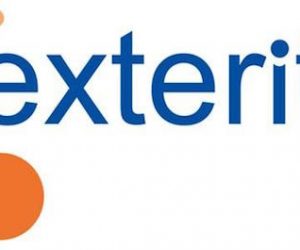

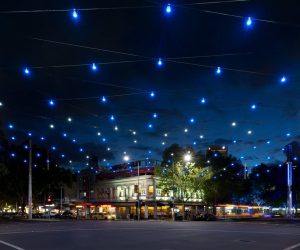


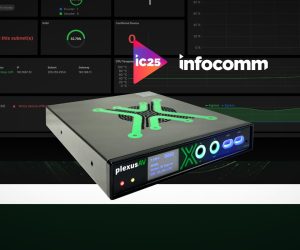
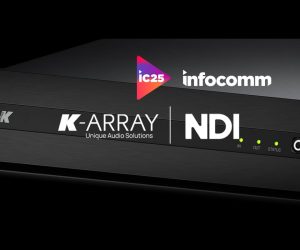


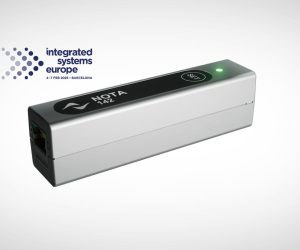

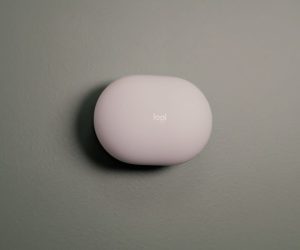


RESPONSES